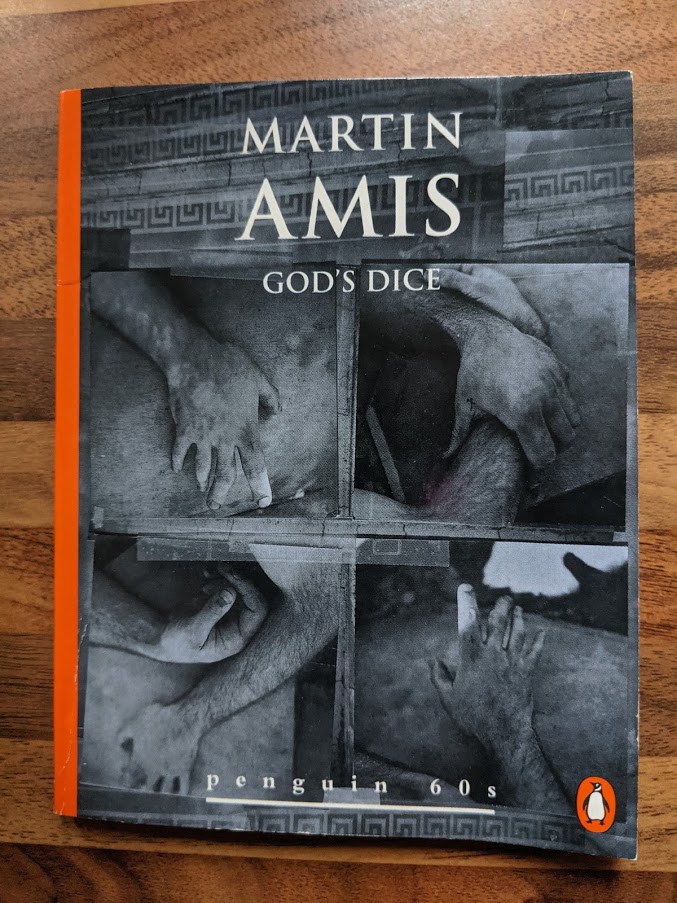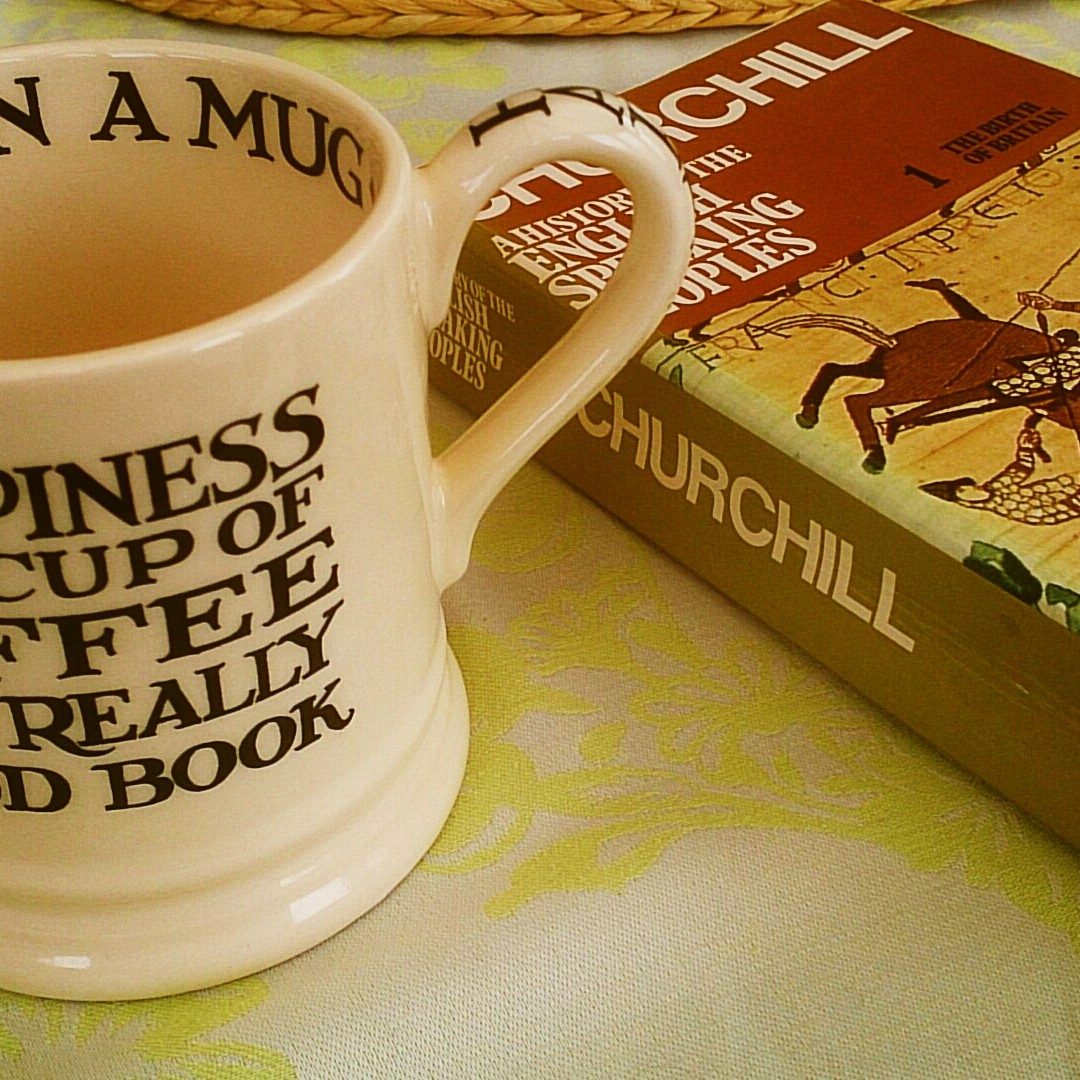
The ‘Penguin 60s’ were published in 1995 on the occasion of the famous publisher’s sixtieth anniversary and this was my first dip into the distinctive, orange-spined collection. Rather like fine dining, what these small volumes lack in quantity, they make up for in quality and the opening two short stories by Martin Amis are quite sumptuous. Drawn from the author’s original book, “Einstein’s Monsters”, the stories included here are deliberately very different, though each offers unsettling descriptions of a dystopian society.
“God’s Dice” explores the impact of Polish strongman, Bujak, on his poor neighbourhood and family. Physically intimidating, just Bujak’s presence among them provides his neighbours with a welcome sense of security, but in the jungle, even big, noble beasts cannot defend the weaker members from the nagging attention of scavengers. Strong of arm and heart Bujak must also temper the temptation to give in to baser animal instincts when confronting society’s jackals.
By contrast, “The Little Puppy That Could” centres on that most adorable and guileless of creatures, a young dog. However, natural selection on a future Earth has fostered all manner of aberrations, such as idle homosapiens, no longer capable of carnivorous hunting and dogs that have developed homovorous tastes. Still, with the dog no longer ‘man’s best friend’, even a puppy is unwelcome in a human village, that is until he befriends a youngster, untainted by the reality of victimhood.
The story certainly offers food for thought and the possibilities conferred, if humankind were to be shorn of its capacity for predation and instead needed to contend with being prey, behaviour adapted to new imperatives of survival.
Martin Amis is an acclaimed novelist, short story writer and essayist and this snapshot of his obvious skills is fascinating.
